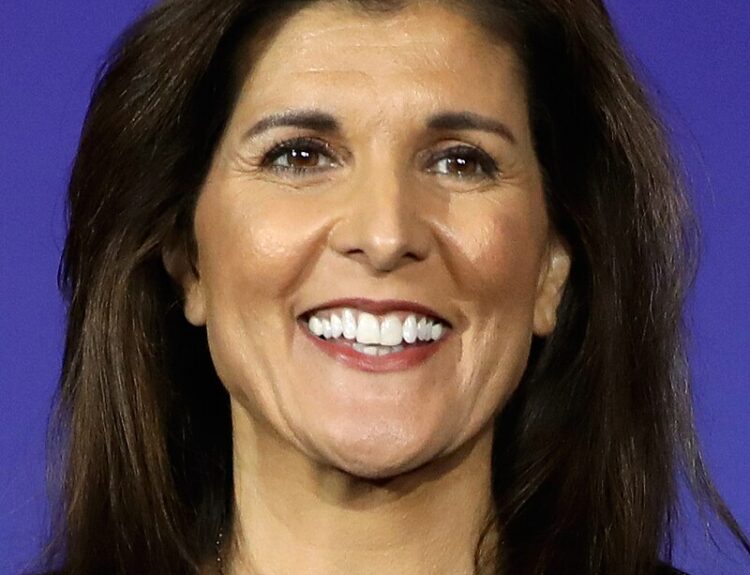How a quiet Dutch village reflects a continent-wide trend
- Dutch village veers to the right politically
- Far-right parties gaining influence across Europe
- Rising immigration and declining living standards fueling support for anti-migrant parties
- Traditional parties facing challenges in dealing with populism
- Potential for far-right parties to join or lead governing coalitions
- European Union parliamentary election could be influenced by far-right parties
A quiet Dutch village, Sint Willebrord, has become a symbol of the rise of far-right politics in Europe. Triggered by economic and cultural anxieties, people in the Netherlands and across the continent are increasingly supporting anti-migrant, anti-Muslim parties. This trend could have a significant impact on the upcoming European Union parliamentary election, with far-right parties expected to gain seats and influence over EU policies. The rise of far-right politics is fueled by rising immigration and declining living standards, as well as a sense of dissatisfaction with traditional parties. The success of populist messaging presents a challenge for center-right and center-left parties, who must decide whether to shun or embrace populism. In some countries, far-right parties are even being considered as potential partners in governing coalitions. The normalization of far-right parties poses a significant danger for Europe, as it could reshape the continent’s political landscape.
Public Companies:
Private Companies: undefined
Key People: Geert Wilders (leader of the Party for Freedom), Mark Rutte (outgoing prime minister), Frans Timmermans (center-left leader in Dutch politics)
Factuality Level: 7
Justification: The article provides information about the rise of far-right parties in the Netherlands and across Europe, and the potential impact on EU policies. It includes quotes from experts and voters, as well as data on election results and immigration numbers. However, the article does not provide a balanced perspective and focuses primarily on the negative aspects of these parties, without exploring other factors that may contribute to their popularity.
Noise Level: 7
Justification: The article provides some analysis of the rise of far-right parties in Europe and their potential impact on EU policies. It mentions specific examples and includes quotes from experts. However, it lacks data and evidence to support its claims and does not provide actionable insights or solutions.
Financial Relevance: No
Financial Markets Impacted: No
Presence of Extreme Event: No
Nature of Extreme Event: No
Impact Rating of the Extreme Event: No
Justification: The news article does not pertain to financial topics and does not describe any extreme events.
 www.marketwatch.com
www.marketwatch.com 





